
Mrs Merkel leaving the talks
Credit: Michael Kappeler/POOL DPA
But they came under immediate fire from business, political and religious leaders in a country already reeling from almost five months of lockdown.
German Catholic bishops are “outraged” at the decision to cancel Easter without even consulting them, according to church sources.
The German Retail Association warned that the decision to close supermarkets and groceries for several days would be counterproductive and cause overcrowding when they were open, leading to a higher risk of infection.
Opposition parties accused Mrs Merkel of imposing ever tougher lockdown measures in order to make up for her own government’s failure to secure enough vaccine.
How many people have been vaccinated in Germany?
“It is a shocking failure of government that after a year the slogan #WeStayAtHome is still the only answer to the pandemic,” said Christian Lindner, leader of the pro-business Free Democrats (FDP).
The Left Party described the new measures as a “Because the government screwed up lockdown” and demanded Mrs Merkel publicly apologise to the nation.
In a further blow to public morale, Mrs Merkel warned Germans to give up their hopes of a holiday abroad this year.
“I’m not hiding the fact that we are actually giving the travel advice that you should not travel this year,” she said.
In fact, holidays are not banned in Germany as they are in the UK. Mrs Merkel and regional leaders were divided over how to discourage people from travelling. Thousands have booked holidays in Mallorca over Easter after it was taken off the German list of high-risk destinations, and the government is in discussions with airlines over compulsory testing before they are allowed to board flights to return home.

Germany's vaccine roll-out is still lagging far behind
Credit: Marijan Murat/DPA
While Germany will shut down almost completely over Easter, many facets of life will remain open either side of the break. Schools and nurseries will remain open, as will hairdressers. Other businesses that were allowed to reopen in recent weeks, such as garden centres and florists, will be closed on a local basis where infections rates rise.
The new measures come as Germany recorded 7,485 new infections in 24 hours on Tuesday, bringing the 7-day incidence to 108 per 100,000 inhabitants.
Deaths have not noticeably risen so far and critics accuse Mrs Merkel’s government of focusing too heavily on infection rates and ignoring the fact many of the most at risk have been vaccinated.
The video talks between Mrs Merkel and regional leaders were extraordinarily fraught even by the standards set by previous rounds. They lasted more than twelve hours, and at one point Mrs Merkel effectively stormed out, accusing regional leaders of not taking the threat from new virus variants seriously enough and demanding a break.
The break stretched on for hours as Mrs Merkel closeted herself for private talks with her closest allies and left the regional leaders wondering.
It was a piece of brinkmanship that worked as they caved to most of her demands in the early hours of the morning but it came at a cost.
In the past Mrs Merkel did not have had to resort to such stunts to get her way. But her authority has visibly ebbed in the face of her government’s failure to secure enough vaccine doses.
So far only 9 per cent of Germans have received their first jab, compared to over 40 per cent of Britons.




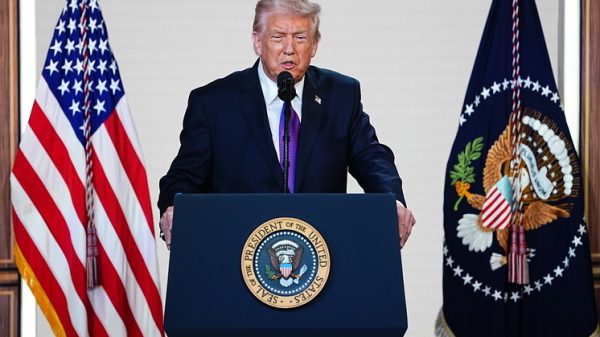
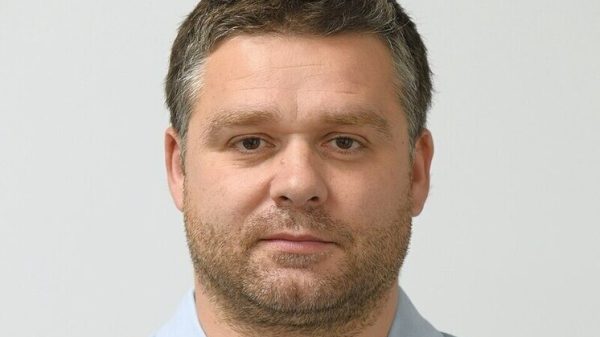

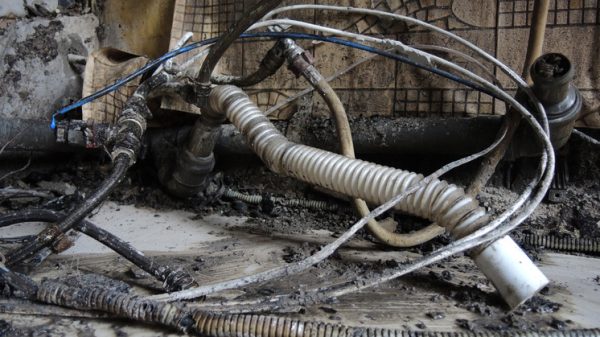

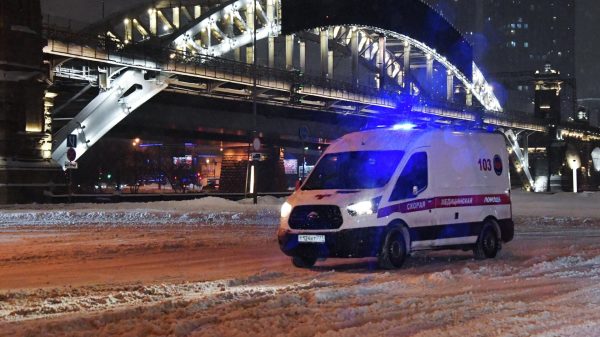
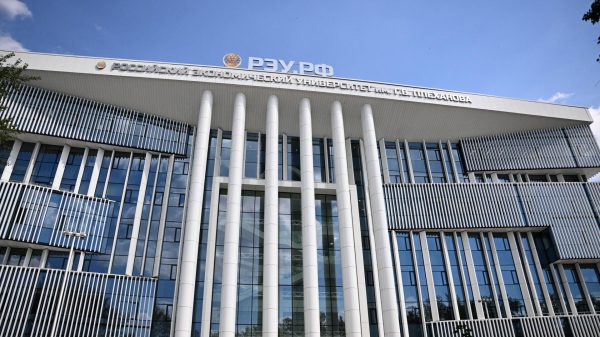






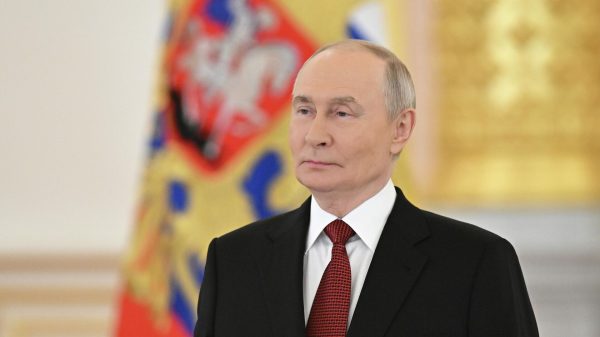
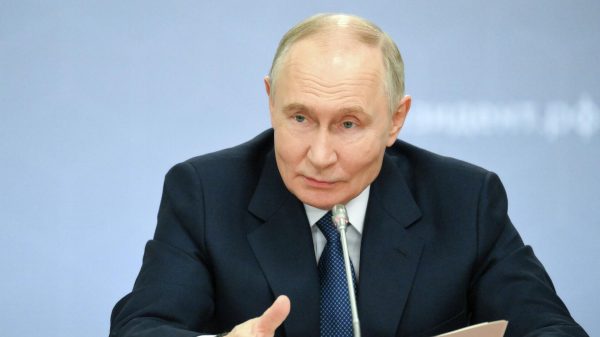


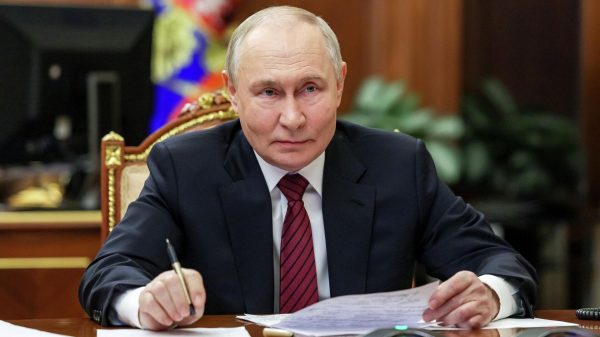

















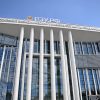













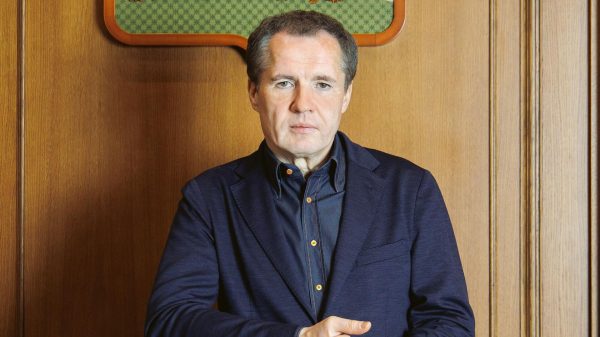

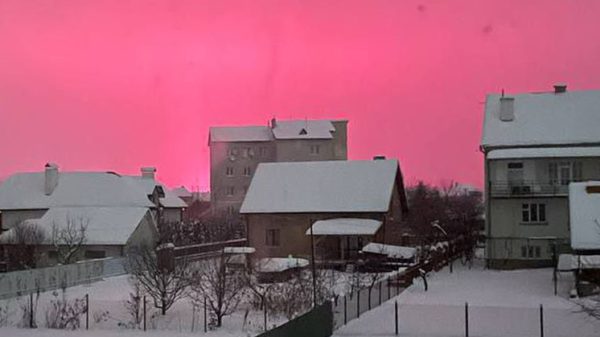
Свежие комментарии